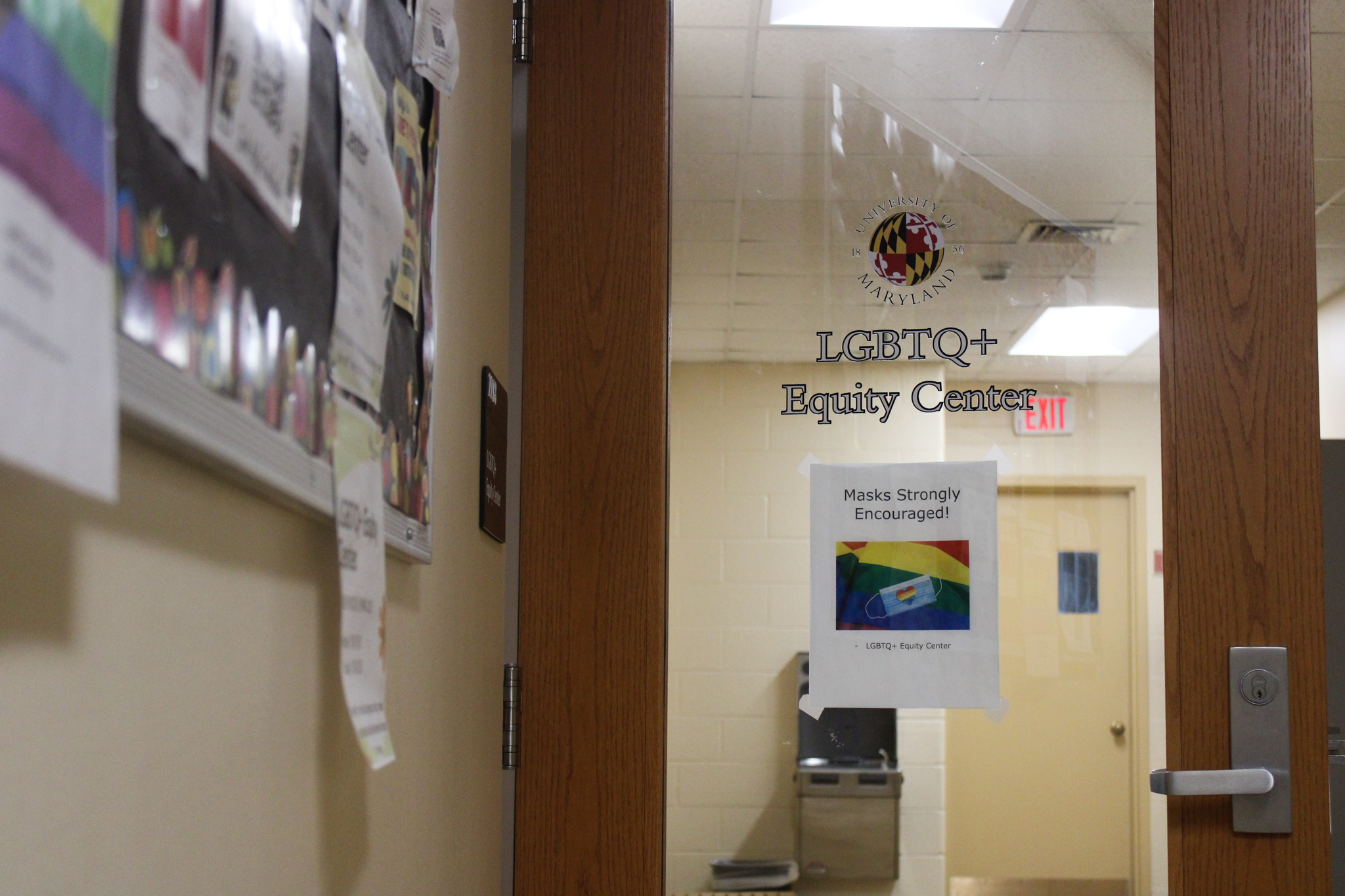The University of Maryland is the nation’s top college for LGBTQ+ students, according to BestColleges’ annual rankings.
This university also led the list in 2020 and appeared in the list’s top 25 in 2021 and 2022. The rankings, which were released in June, measured how LGBTQ-friendly colleges are based on academic quality, affordability and the Campus Pride Index. This index was developed by Campus Pride – an organization that promotes safer college environments for LGBTQ+ people — and a national team of LGBTQ+ researchers.
“The University of Maryland has always been a leader when it comes to having policies that are inclusive for LGBT students or having a center support service office,” said Campus Pride executive director Shane Windmeyer. “I think the challenge today for campuses that are large, like the University of Maryland, is really on shaping the climate and realizing that LGBTQ+ students, faculty, staff don’t live monolithically.”
Universities that utilize the index answer more than 50 self-assessment questions that weigh eight different factors regarding the LGBTQ+ community, including policy inclusion, institutional commitment and academic life. Around 350 universities nationwide participated in the Campus Pride Index in 2023, Windmeyer said.
This university received 5 out of 5 stars on each factor of the Campus Pride Index except for LGBTQ housing and residence life — which received four stars. That score measures LGBTQ+ friendliness in campus institutions like dorms, roommate selection, and gender-inclusive bathrooms and housing accommodations.
[New LGBTQ+ Equity Center director to focus on fostering community]
The Campus Pride Index does not take into account the feelings of faculty and staff because Campus Pride does not have the capacity to do a climate study of every college in the nation, according to Windmeyer. However, Windmeyer said, university practices are often essential to creating an inclusive environment for LGBTQ+ students.
“It’s like building a house without a foundation,” Windmeyer said. “You can’t expect students and faculty, staff to feel welcome and included, if you don’t have inclusive policies, programs for students [and] practices for students.”
At this university, that foundation includes the LGBTQ+ Equity Center, which is celebrating its 25th anniversary this year. Less than 15 percent of four-year colleges have an LGBTQ+ equity-related center, according to Windmeyer.
LGBTQ+ Equity Center associate director Shantala Thompson said that although BestColleges’ ranking is a great honor, more needs to be done to support LGBTQ+ students on this university’s campus.
“There’s a lot more work to do … particularly thinking about minoritized intersectional communities within LGBTQ+ communities and thinking about how to best serve them,” Thompson said. “And I think that is an ongoing conversation.”
Sophomore social studies education major Stacy Torres said she was not too surprised to hear the university’s high ranking because of the multiple LGBTQ+ clubs and drag shows.
“I would say the university’s managed to integrate the LGBT student body enough that they’re present,” Torres, who is a member of Campus Queers & Allies and The Femme Alignment, said. “They’re visible.”
One aspect of this university recognized by BestColleges is the Lavender Leadership Honor Society, which is believed to be the first collegiate honor society that focuses on LGBTQ+ social justice, according to the university’s office of diversity and inclusion.
[Finalists for UMD diversity and inclusion assistant vice president role share priorities]
This university also has a “#TransTerps” campaign that works to implement practices to promote transgender inclusion, according to the office. The campaign is part of the Rainbow Terrapin Network — a campuswide network that provides training modules surrounding LGBTQ+ issues.
However, when sophomore psychology major Sarah Mizrachi found out that the university was ranked as number one for LGBTQ+-friendly colleges, she was shocked.
Mizrachi said there seems to be a disconnect between the LGBTQ+ community and other social elements of campus, such as Greek life and parties. From dressing expressively to showing public displays of affection on campus, queer students often feel more subjected to judgment, they said.
“It doesn’t really feel like when we go into typically heteronormative spaces like the bars or the frat life that we really feel seen and validated unless we fit into those heteronormative standards,” Mizrachi said.
Senior information science major Jill Tran said she felt confused when she heard about the ranking because of the lack of accessible gender neutral bathrooms and the presence of Chick-fil-A in the Stamp Student Union.
Chick-fil-A has been known for anti-LBGTQ+ stances after the company’s chief executive said he was opposed to same-sex marriage in 2012, according to The Washington Post.
However, Tran, a member of TransU and The Femme Alignment, acknowledged that students being able to change their names to preferred names within this university’s system is a good step forward.



